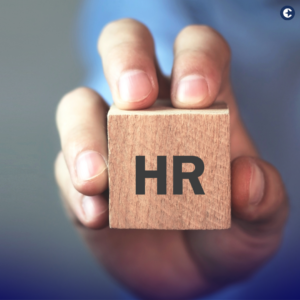Is your HR department merely a behind-the-scenes player, or are they at the forefront of shaping workplace dynamics and laws? The role of Human Resources (HR) extends far beyond hiring and firing, playing a pivotal role in both interpreting and influencing employee laws and rights.
Main paragraphs:
HR: The Guardian of Workplace Compliance HR professionals are tasked with a crucial responsibility: ensuring the organization’s adherence to a myriad of employment laws and regulations. This role encompasses several key areas:
- Understanding Legal Requirements
- HR must stay abreast of local, state, and federal laws affecting the workplace, such as labor standards, anti-discrimination laws, and health and safety regulations. This knowledge is vital for crafting policies that comply with legal standards and protect the company from potential lawsuits.
- Policy Development and Implementation
- HR is responsible for developing policies that align with employment laws. These policies cover a wide range of issues, from harassment and discrimination to leave policies and employee benefits. By clearly communicating these policies to employees, HR ensures that the workforce is informed of their rights and responsibilities.
- Training and Education
- HR conducts training sessions for managers and employees on various legal issues, such as equal employment opportunity, workplace diversity, and sexual harassment prevention. These training programs are crucial for fostering a respectful and compliant workplace culture.
- Conflict Resolution and Advocacy
- When conflicts arise, HR serves as a mediator between employees and management, ensuring that grievances are addressed in a manner consistent with both company policy and legal requirements. This role is essential for protecting employee rights and maintaining a harmonious workplace.
Read More: Navigating HR Compliance: A Strategic Imperative for Midsize Businesses

HR’s Role in Influencing Employment Laws Beyond compliance, HR departments also play a role in shaping employment laws. Through professional associations and direct advocacy, HR professionals can influence policy development at various levels. By providing feedback on proposed legislation and sharing insights from their practical experience, HR can help craft laws that are both fair and practical for businesses to implement.
Conclusion: HR departments are much more than administrative support; they are vital players in the realm of employee laws and rights. Through their efforts in compliance, policy development, education, and advocacy, HR professionals safeguard both employees and the organization, ensuring a fair, respectful, and legally compliant workplace.



